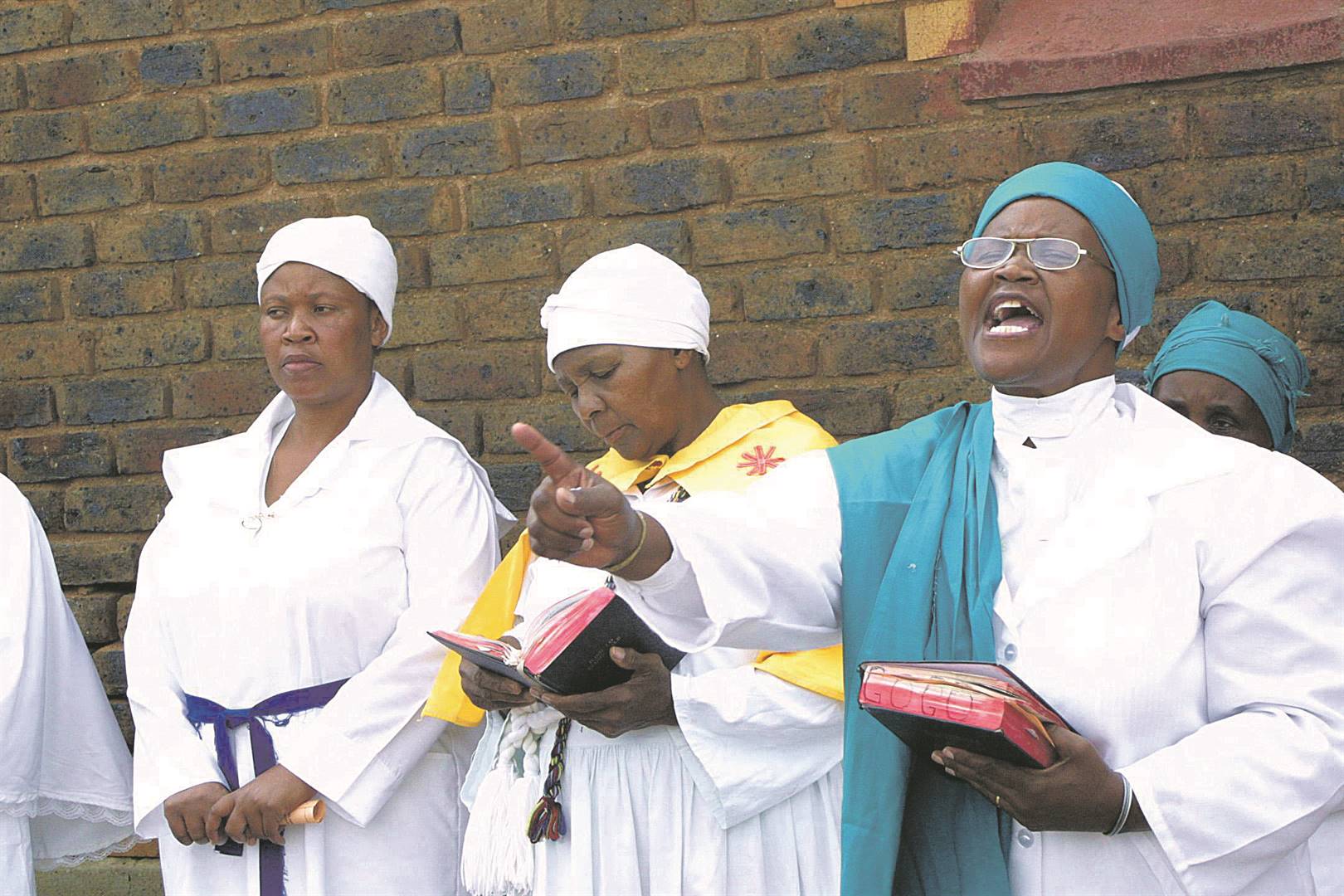
At the start of 2019, Bill and Melinda Gates released a list of facts that had surprised them the previous year. Number four on their list: “Data can be sexist.”
They explained:
My interest was piqued – not only as a demographer, but also as a woman and mother of girls.
I research women in global Christianity and am frequently asked what percentage of the religion is female. The short answer is 52%. But the long answer is more complicated – women make up a much more substantial part of Christianity than that number makes it seem.
The goal of my research is to put the spotlight on Christian women’s contributions to church and society, and fill in gaps in our data. Headlines about religion may be focused on the words and actions of Western male leaders, but the reality of the worldwide church is quite different. Ever more Christians live outside Europe and North America, especially in Africa – and women are central to that story.
Social scientists have shown for decades that women are more religious than men by a variety of measures – everything from frequency of private prayer to worship service attendance. Christianity, the world’s largest religion, is no exception.
READ: Ofentse Morwane | The religious sector must be regulated
Data from the Pew Research Center show that, compared with Christian men, Christian women are more likely to attend weekly church services (53% versus 46%), pray daily (61% versus 51%) and say religion is important in their lives (68% versus 61%).
It’s not a new trend. In the Gospels, women were the last at the foot of Jesus’ cross, the first at his tomb. Research has shown they were critical to the growth of the early church, being more likely to convert to Christianity than men, and most of the early Christian communities were majority women.
Throughout history, women were exemplars of the faith as mystics and martyrs, and founders of denominations and churches that are now all over the world; and royal women converted their husbands and supported convents. Women make up the majority of Christians today.
READ: How multicultural churches in South Africa are breaking down race barriers
What researchers don’t have is comprehensive data on women’s activities in churches, their influence, their leadership or their service. Nor are there comprehensive analyses of Christians’ attitudes around the world about women’s and men’s roles in churches.
“Women, according to an old saying in the black church, are the backbone of the church,” notes religion and gender scholar Ann Braude. “The double meaning of this saying is that, while the churches would collapse without women, their place is in the background”, behind male leaders.
But there’s not much actual data and, without good data, it’s harder to make good decisions.
My current research is illustrating that women are the majority in a church nearly everywhere in the world and that its future is poised to be shaped by African women in particular.
Christianity continues its demographic shift to the global south. In 1900, 18% of Christians lived in Asia, Africa, Latin America and Oceania, according to my research. Today, that figure is 67% and, by 2050, it is projected to be 77%.
One of the most common refrains about the church in Africa is that its adherents are mostly women.
Kenyan theologian Philomena Mwaura writes:
Or, as a Nigerian Anglican bishop recently told me, “if anyone tells you a church in Nigeria is majority male, he’s lying”.
It’s clear that women have been a crucial part of Christianity’s seismic shift south. For example, consider Catholic sisters, who outnumber priests and religious brothers in Africa – and on every continent, in fact. Mothers’ Union, an Anglican nonprofit organisation that aims to support marriages and families, has 30 branches in Africa, including at least 60 000 members in Nigeria alone.
In Congo, women have advocated building peace, including through groups like the National Federation of Protestant Women. Next door, in the Republic of the Congo, Catholic sisters were at the forefront of providing shelter, education and aid in post-war recovery efforts.
Yet here, too, more precise data about African women’s contributions and religious identities is lacking. And beyond quantitative data, African women’s narratives have often been ignored, to the detriment of public understanding. As African theologians Mercy Amba Oduyoye and Rachel Angogo Kanyoro have stated:
Far from dead, African women live at the centre of the story – and will continue to do so as healers, evangelists, mothers and the heartbeat of their churches.
Zurlo is co-director of the Center for the Study of Global Christianity at Gordon-Conwell Theological Seminary in the US.
This article first appeared in The Conversation
| ||||||||||||||||||||||||||||||
 |




 Publications
Publications
 Partners
Partners










